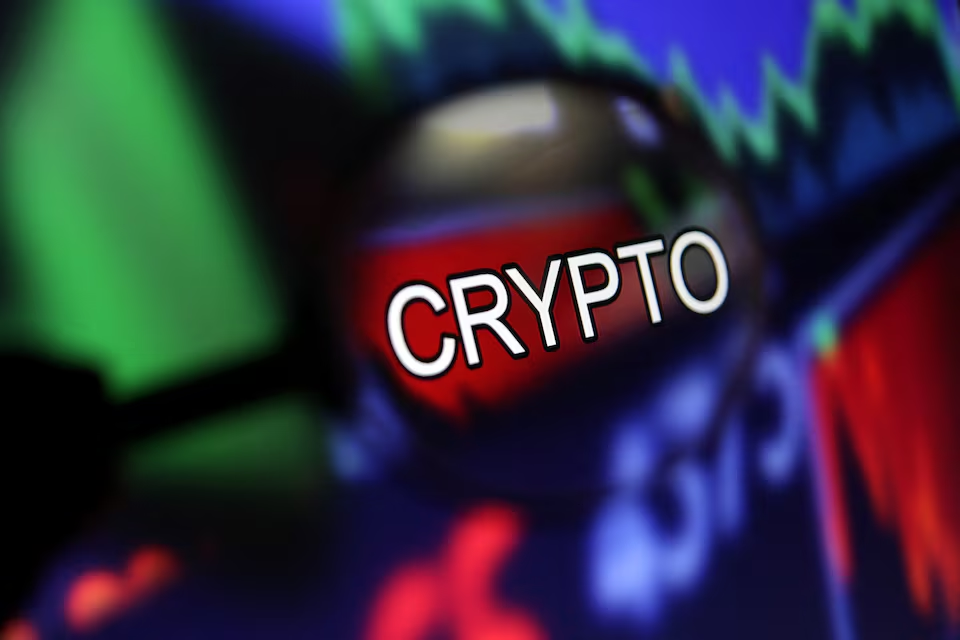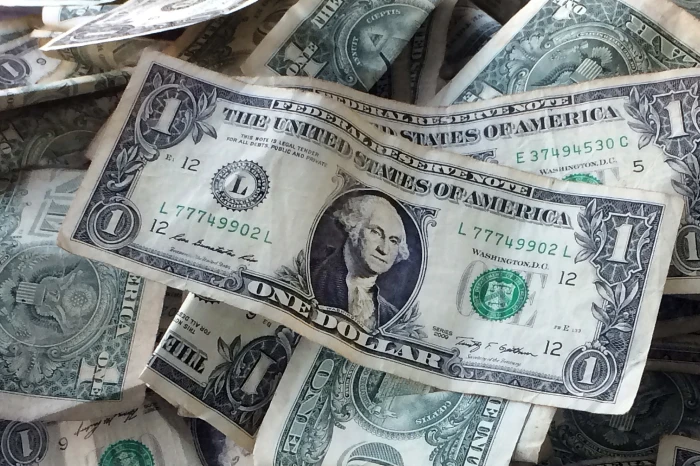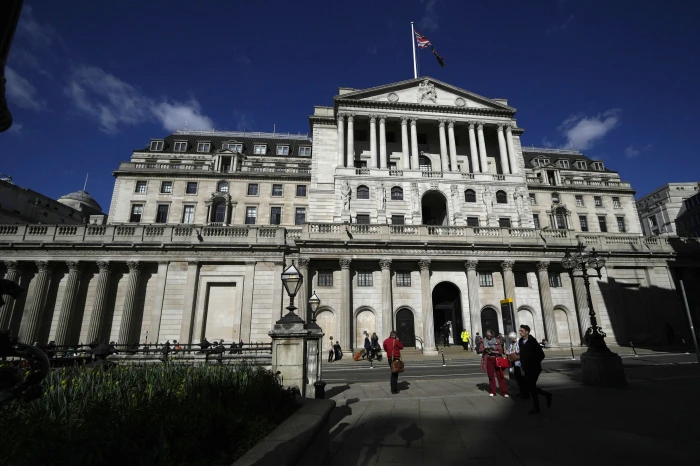Venezuela Turns to Stablecoins as Inflation Worsens
Amid hyperinflation and ongoing economic instability, Venezuelans are increasingly turning to Tether (USDT) as a reliable medium of exchange. The bolívar has lost much of its purchasing power, and physical U.S. dollars remain scarce, pushing citizens and businesses to embrace digital alternatives that maintain value over time.
USDT Adoption in Everyday Transactions
From supermarkets to small shops, USDT is becoming a common payment method in Venezuela. Merchants prefer stablecoins because they offer faster, cheaper transactions than traditional banking systems, while customers benefit from protecting their money against rapid devaluation. Mobile apps and peer-to-peer exchanges have accelerated this shift, making stablecoin use more accessible.

Fiscal & Social Policy
Venezuela’s fiscal and social policies are deeply shaped by its prolonged economic crisis, with the government relying heavily on oil revenues and money printing to finance spending. Price controls, subsidies, and social welfare programs aim to ease hardships for citizens, but often fuel inflation and distort markets. Limited fiscal discipline and shrinking public revenues have strained state capacity, while social policies remain crucial for maintaining political support in the face of widespread poverty and inequality.






















3 comments
David Bowie
3 hours agoLogan Cee
2 dayes agoLuis Diaz
December 25, 2022